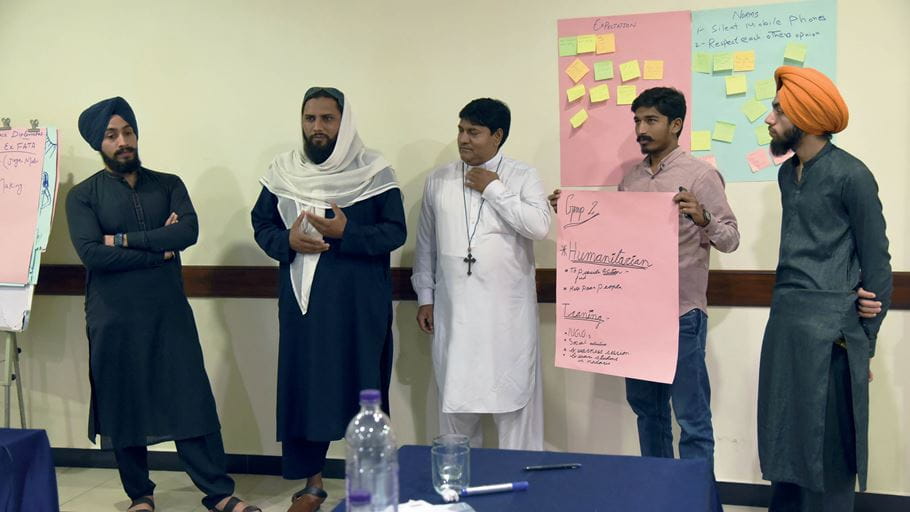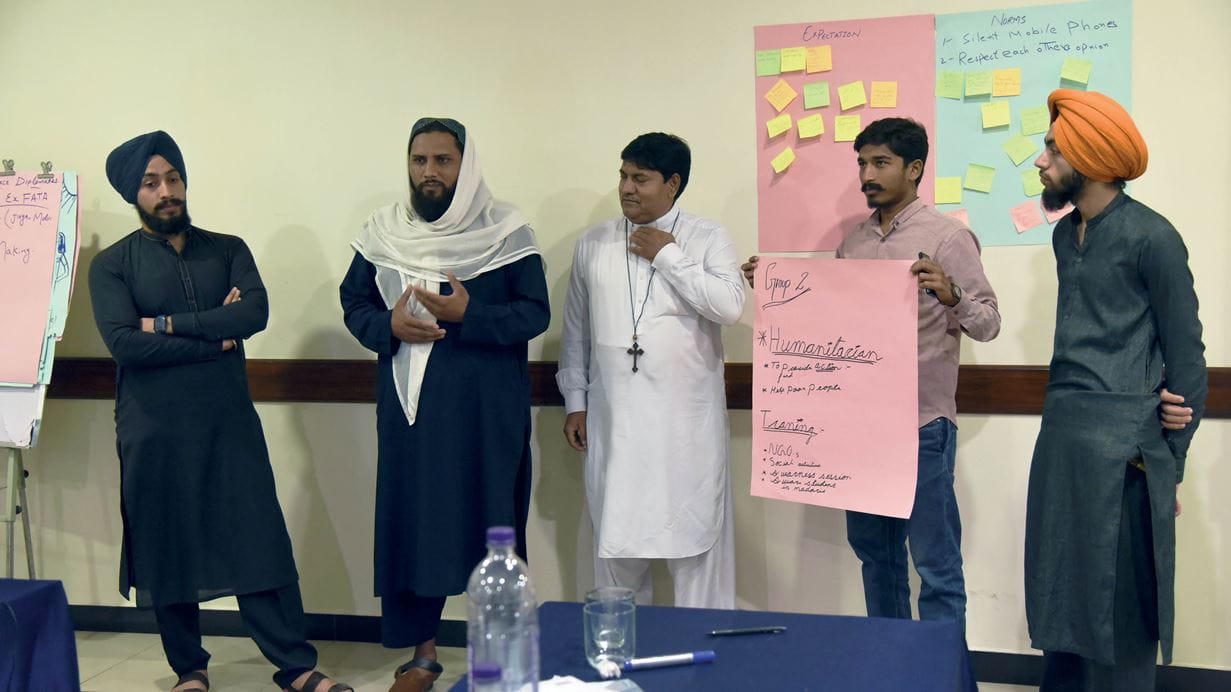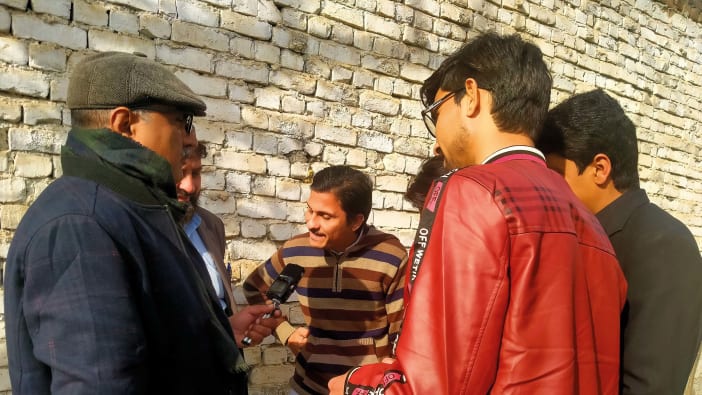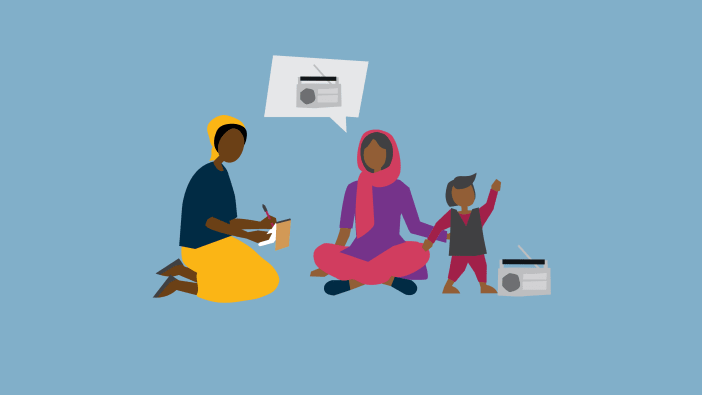Peshawar, the capital city of Khyber Pakhtunkhwa province in Pakistan, has a predominantly Muslim population, but Hindus, Christians, Sikhs and other minority faith groups have also been living in the city for generations. Mosques, churches and temples are located in close proximity to each other, but their coexistence is fragile.
The Flourishing Together project aims to increase peaceful coexistence and tolerance of different faiths. Together, we are seeking to break religious stereotypes, promote mutual respect and enhance mutual understanding.
Faith friend groups
Naeem is a senior Muslim cleric serving as a Khateeb (preacher) in Peshawar. He says, ‘We can see that there is a great gulf between the faith communities and misunderstandings on all sides. Christians are increasingly perceived as alien and non-compatible with our culture.’











